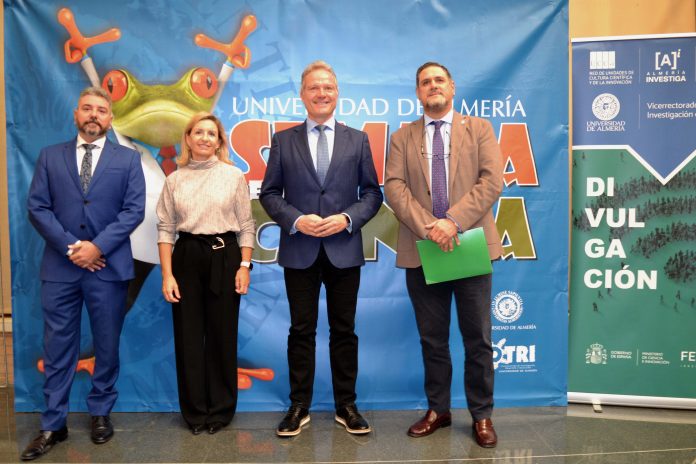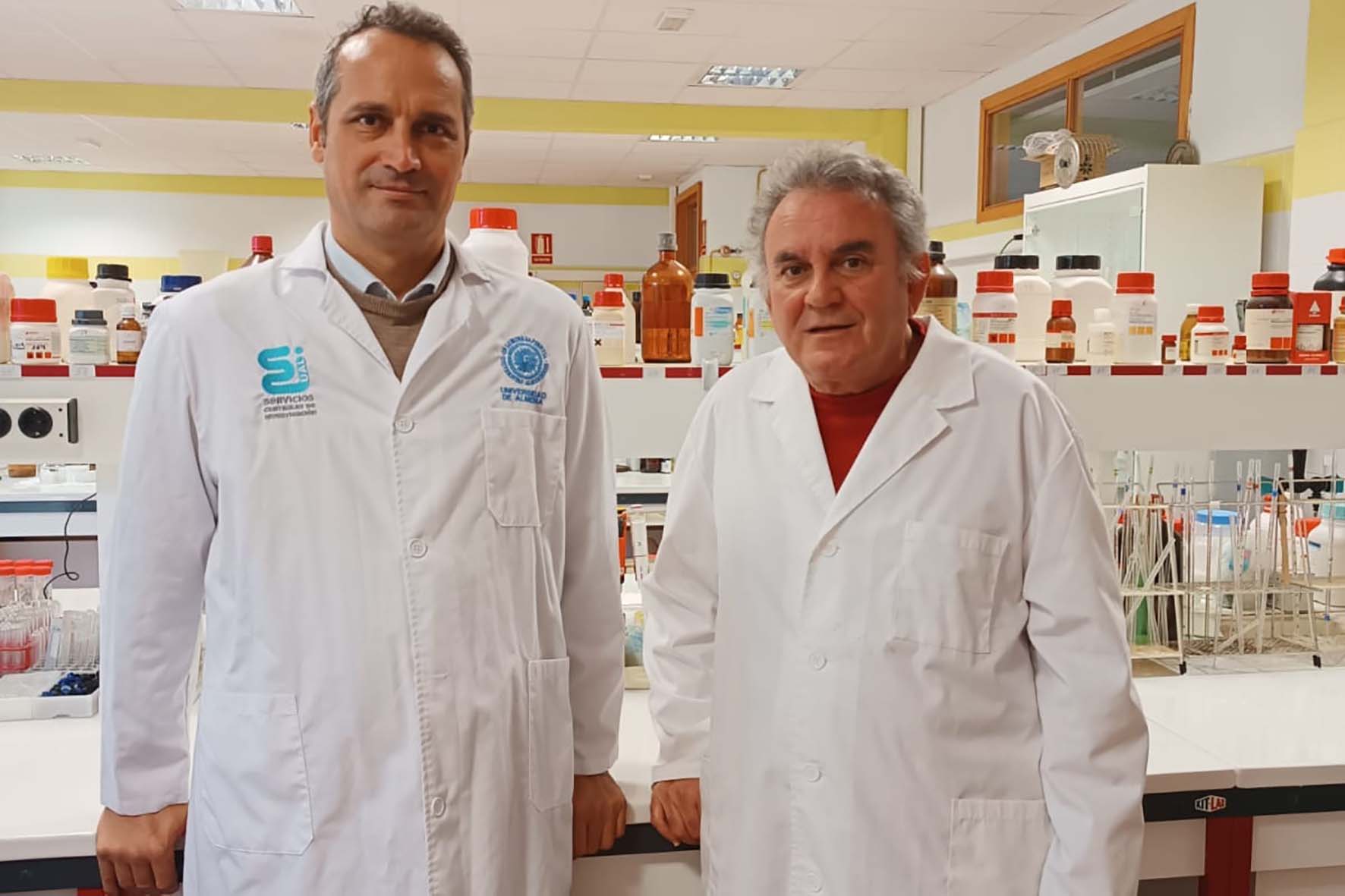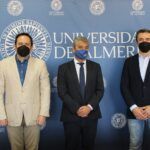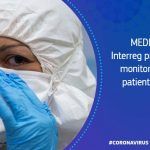A topic of growing interest that, according to researchers, will receive more attention in the future. So much so that the 2022 Nobel Prize in Medicine, Svante Pääbo, has focused much of his research on the study of the DNA of these hominids.
Under the title ‘Worldwide research trends on Neanderthals’, published in the ‘Journal of Quaternary Science’, researchers from the University of Almeria have analysed the existing worldwide research on Neanderthals.
The researchers in charge of this research work were José Luis Guil, university professor in the area of Food Technology (Department of Agronomy, Research Group FQM364 – Chemistry of biomolecules and food processes), and Francisco Manzano, university professor in the area of Graphic Expression in Engineering (Department of Engineering, Research Group AGR198 – Rural Engineering).
Both opted for this line of research on Neanderthals because it is a topic of growing interest and, they argue, it can even be considered a topic that will receive more attention in the future. So much so that the 2022 Nobel Laureate in Medicine, Svante Pääbo, has focused much of his research on the study of Neanderthal DNA, and was identified in this study as one of the leading researchers in this field.
Research on Neanderthals is in its infancy and is expected to consolidate lines of research such as those related to diet and the disappearance of Neanderthals. The disappearance and diet of the different Neanderthal populations are controversial issues that are hotly debated. In this paper we have carried out an analysis of all the publications on this subject and clearly identified three groups of major lines of research on Neanderthals. The first group focuses on molecular evolution, with genetics, the human genome, molecular evolution and mitochondrial DNA standing out in this area. The second, on the biology of Neanderthals, focusing on research into fossils, humans, hominids, the genus Hominidae, anatomy and histology, and biological evolution. Finally, the third research group focuses on palaeoanthropology, specifically on the Palaeolithic and Pleistocene periods, through archaeology, especially in Europe.
This research has mainly been carried out with strong scientific collaboration between the United States, Spain, France and Germany. One of the main authors is the Spanish palaeoanthropologist José Luis Arsuaga, known for his research on the Pleistocene sites in the Sierra de Atapuerca (Burgos).
The starting point of this work has been the investigation of the Quaternary period, and aims to promote a greater and deeper understanding of the Earth’s history over the last 2.58 million years. The name “Neanderthal” derives from the Neander Valley (German: Neander Thal) in Germany, where the first Neanderthal remains were found in 1856 (Schaaffhausen, 1857). Neanderthals inhabited western Eurasia from ~430 000 years ago and after the dispersal of anatomically modern humans became extinct approximately 42 000 years ago. Various hypotheses have been put forward for this extinction: competitive exclusion, assimilation, demographic weakness, abrupt climate and vegetation change, pathogens and volcanic eruptions. Until the late 20th century, Neanderthals were considered morphologically, behaviourally and genetically distinct from modern humans. Recently, however, discoveries of Neanderthal fossils have shown an overlap between them and modern humans.

More than 1,800 students will meet at the XXII Science Week of the UAL |







Leave a Reply